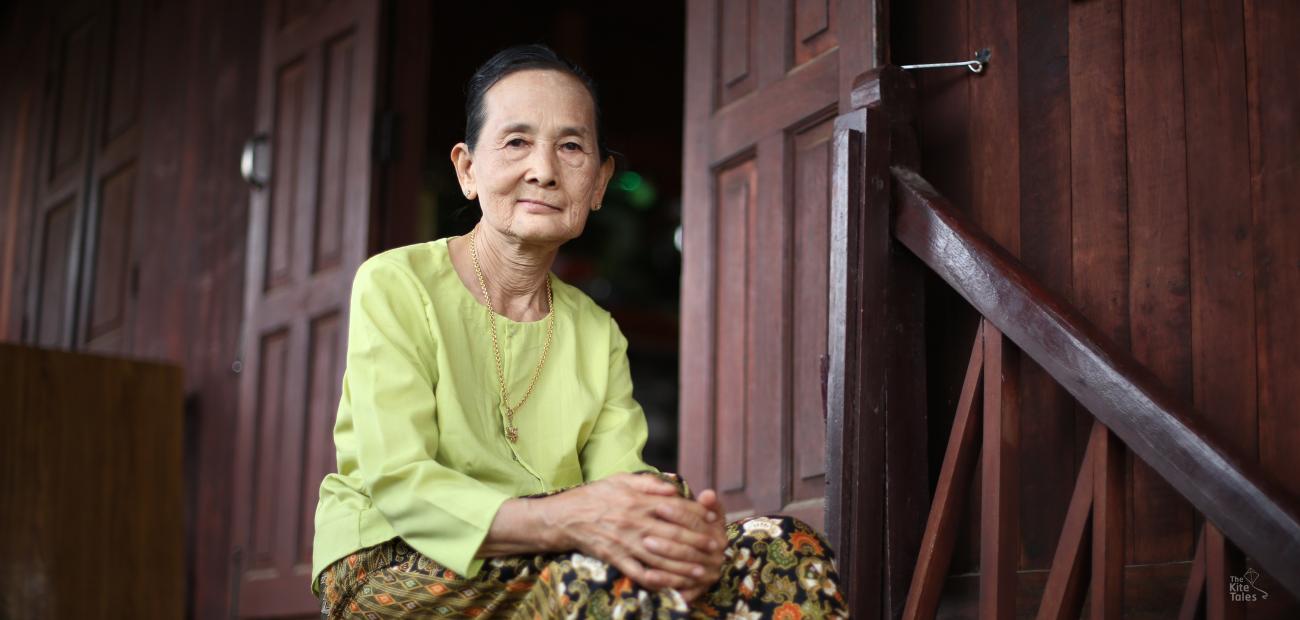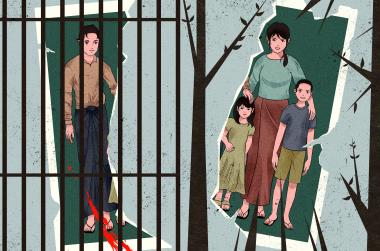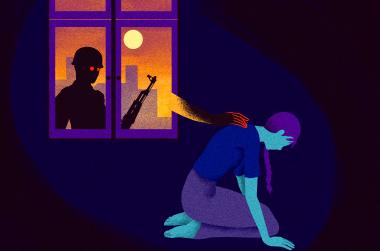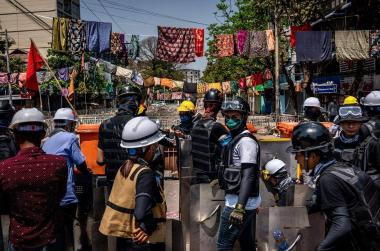There is a restless romance on Inle lake. Farmers build their gardens on floating islands, while fishermen balance like seabirds on the edges of their canoes trailing nets into the silvery depths. These days tourists are there to track the action with their cameras, crouched under bright umbrellas in roaring long tail boats that slice across the lake’s surface like knives through silk.
Nearly six decades ago May Than made a desperate dash across these waters. It was a bold act of rebellion against an arranged marriage and it would determine the course of her life.
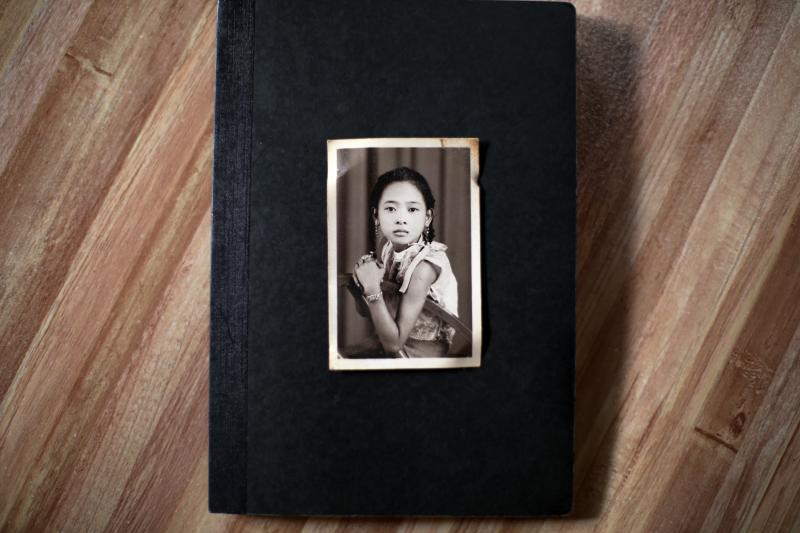
As a teenager May Than had “so many” suitors.
“They put me at my wits’ end. My parents wanted to marry me off to an army officer. I’d met that man before and I didn’t like him.
“I used to live around Ba Htoo (a garrison town) so I knew the military in the area. My father had a goldsmith workshop there. I was living at my aunt’s house in Nyaungshwe to attend school and then returning to be with my parents out of term time.
“They didn’t say they were going to do it immediately, but they wanted me to marry him. I decided to elope a month after I found out. He was much older than me and I never asked for his name.
“My (future) husband and I were around the same age. I already liked him, I was with him and I didn’t know how I could like another person.
“I met him at school. Just like that. At that time I didn’t know anything about whether he’s handsome or he’s good. He gave me a love letter and I just knew I liked him. We were more naive then.
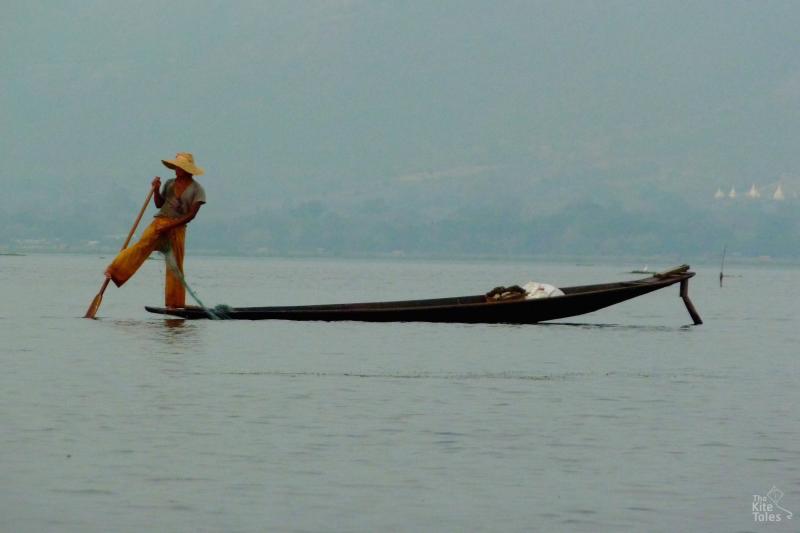
“It was my idea to elope. I told him that my parents planned to marry me off to the military officer and that he should take me away. He didn’t refuse.
“We eloped on a motor boat during the summer holidays.
“Inle was just a big lake. There were so many water hyacinths. I still remember them vividly. They would clog the lake. There were also floating islands. But I was afraid of water so I never played there. I grew up near the water but I still can’t swim.
“We hired a boat from Nyaungshwe to go to Ywama village, where some relatives of my husband lived. It took about an hour to get there.
“My parents followed us. My husband’s parents also tried their best to get us to come back.
“I was 16 when I got married. We didn’t have a wedding but paid respects to the elders and the Nat (spirit).
“I was still at school, only at 7th standard and I hadn’t even sat for the year-end exam yet. In the end, neither of us continued our schooling.
“I don’t regret getting married early. I made my choice so I have to live with it. I wanted to raise my kids to be healthy and educated.
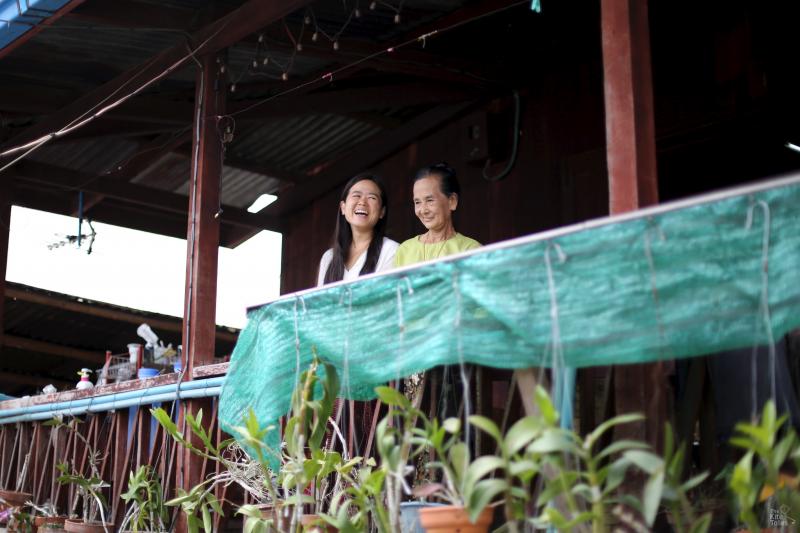
“I have 11 sons and daughters, although two have passed away. I gave birth to them all in hospital, there wasn’t much traditional practice. But we did use the hot stove. The room is covered in blankets and there’s a stove. I only had to do that 10 times though because I had twins; a boy and a girl.
“A few days after I gave birth to the twins, insurgents came into Nyaungshwe. I’m brave so I wasn’t scared. I could hear gunfire but it was only for one night. Nobody died.
“(My husband) loved his children and he was happy to have as many as possible. That was his main thing — he wanted to live a happy life with lots of people. He was a quiet, restful man but also jovial. He never complained or criticised what we had. He was tender to me too. I haven’t got pictures of him when he was young, but he was tall and pleasing to the eye.
“Of course it was exhausting. We had to work as well as look after the children. We were trying to make it on our own.
“He made a living carrying heavy goods. Those back-breaking days probably affected his body. He died ten years ago.
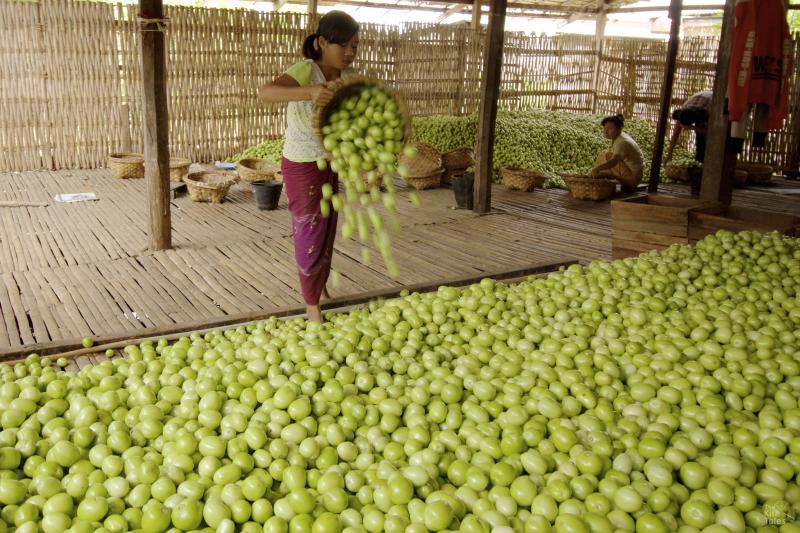
“(When we married) Nyaungshwe was a small town. It’s only in the last few years that it has changed. Previously, the east of the city was just a jungle. Now it’s full of houses. The south of the city used to be a jungle too. Now things are much more developed.
“Tourists started coming to Inle in droves over a decade ago. I do think it’s strange to see so many people coming to Inle. I guess it surprises me because for us the lake has always been there. But I do think they should come and see it.
“Dramatic changes have occurred here in the last three years or so. There are a lot more hotels and a lot of people from other places.
“This house is very precious to me. It belonged to my mother-in-law. She made a living making hin htote (traditional steamed dumplings). So the two of us helped with that and we still make and selling hin htote here to this day. Now it’s my daughter who’s doing it. I’m retired and I’ve passed on this tradition to her.
“Many people have sold their houses. But I’m not selling. Anyone from the family can come and live here, and they do. All the children got married in this house, except for the two unmarried ones and a son who passed away. We have these celebrations almost every year.”
(Interviewed June 2016)

